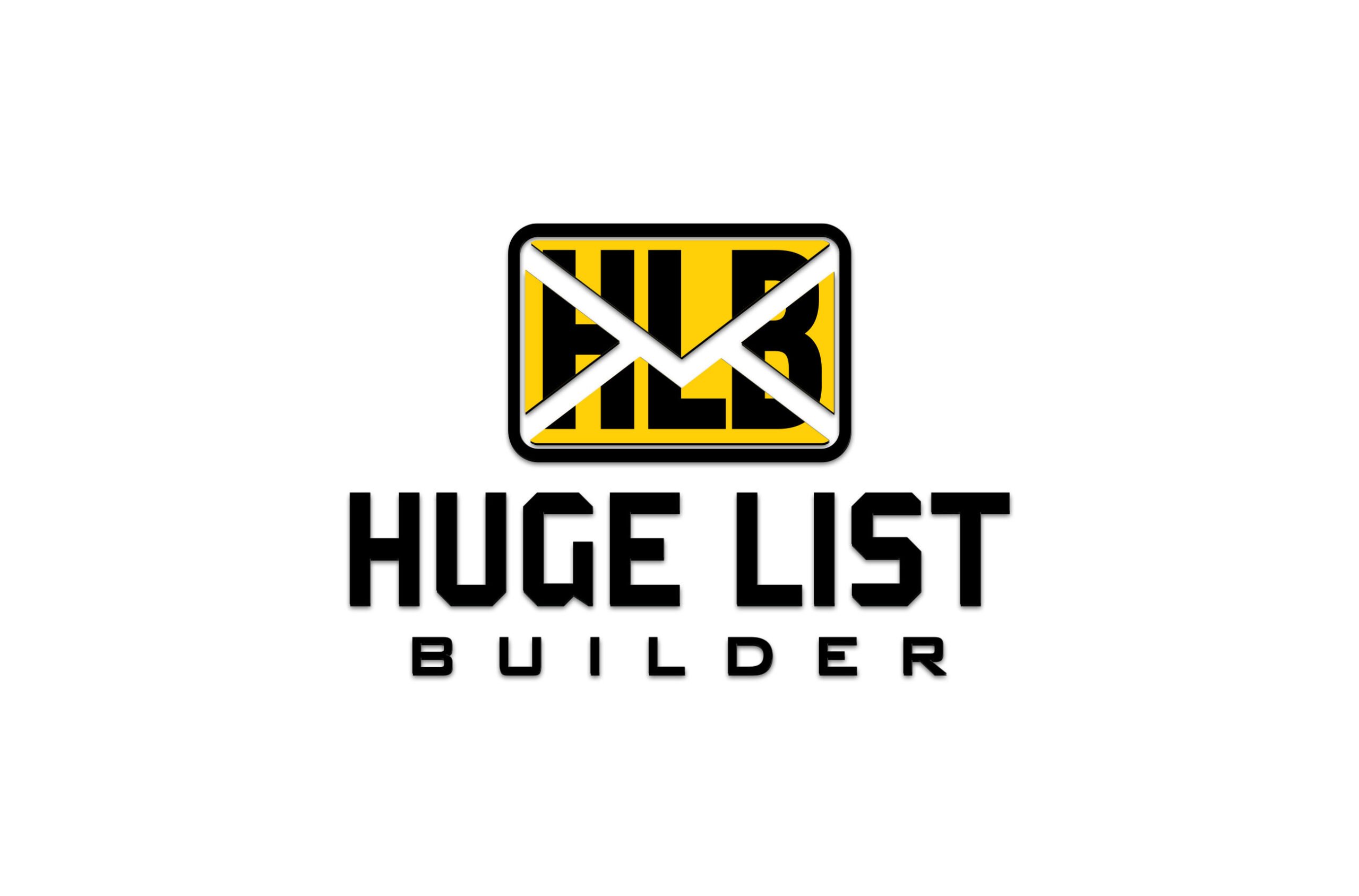The Cost-Benefit Analysis of Different Web Hosting Plans
Web hosting is the place where all your website files (photographs, videos, text, and other data) live on the Internet. When you type a website address into your browser, it requests those files from the server and displays them on the screen.
There are different types of web hosting, each designed to meet a specific need. Some examples are shared, VPS, and dedicated hosting. When choosing the right plan for your business, it’s important to consider all these options and select one that meets both your current and future needs. In addition, you should take a look at the pricing structure and renewal rates to ensure that it’s aligned with your goals.
Shared Hosting
Most people are aware that there are several different types of web hosting, but they may not be clear about what these plans actually cost. The cheapest option is shared hosting, which typically costs less than $10 per month. This is a great choice for small websites or personal blogs, as it offers basic features at an affordable price point. However, as your site grows, you’ll likely need more storage space and resources, which will push the price upwards.
Alternatively, you could opt for VPS hosting, which is more expensive but also offers better performance and security. VPS hosting costs between $20 and $100 per month. VPS hosting is more flexible than shared hosting and allows you to increase or decrease the amount of RAM and CPU that you’re using. It’s also more secure than shared hosting, as your website will be separated from the other websites on the same server.
If you’re looking for a more robust hosting solution, consider managed or cloud hosting. These options offer more features, faster loading times, and better support, but they will also come at a premium. Some hosts even charge additional fees for things like domain registration and SSL certificates.
Customer Support
When it comes to choosing a web host, good customer service is essential. Look for a company that offers round-the-clock support through various channels, including phone, chat, and email. A reliable hosting provider will have you covered if anything goes wrong with your site, allowing you to focus on your business instead of worrying about downtime or technical issues.
Scalability
Having a website that’s scalable to meet your growing traffic and content demands is key. This can help you avoid having to migrate to a new hosting platform or pay for expensive hardware upgrades. For example, you might want to find a hosting plan that allows you to easily upgrade your storage allocation in the event of seasonal traffic surges.
A good way to gauge a hosting company’s scalability is to look at their past performance. You can do this by researching reviews and checking out a company’s stats page. If you’re unsure about how much storage space you need, try out an online storage calculator or analyze your current usage data to get an idea.

My Recent Posts
All-in-One Sales Automation Platform
Check out my recent post on all-in-one sales and marketing tools and what I think of it.
Sales Funnels
Check out my recent post on sales funnels and what I think about them. Are they still worth it?

Hi, my name is Anton Grantham, founder of HugeListBuilder.com. I’ve been in the Internet marketing space since 1999. But I didn’t discover the power of email marketing until soon after I quit my last full-time job in 2014.
Anton Grantham
©Copyright 2025 Grantham Enterprises,LLC.
30604 Wake Forest Road #301
Raleigh, NC 27609
